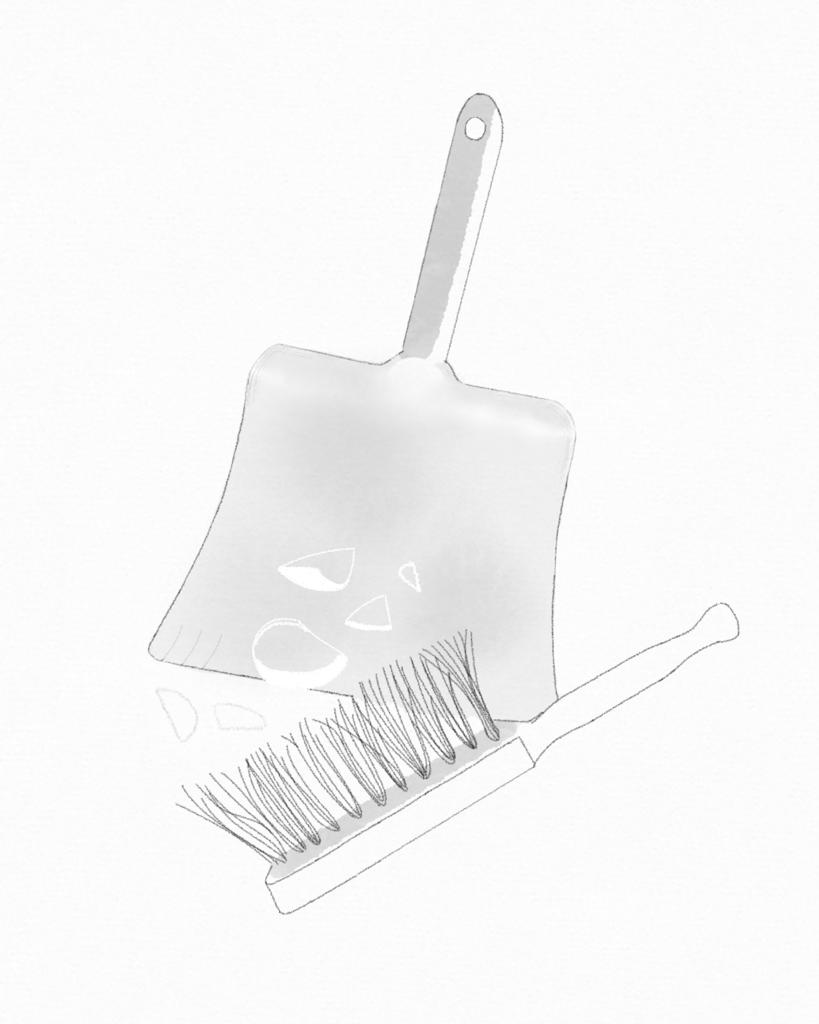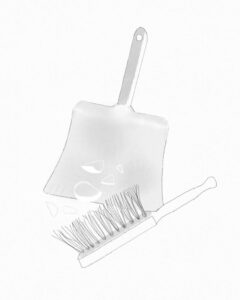
Dislocation
Third Place in the Letter Review Prize for Flash Fiction
New Flash Fiction by David Osgood
June 29th, 2023
Mom wakes up twice during the night. The first time I carry her to the bathroom, the second is a night terror: something about a disfigured mummy unwrapping and moaning. No more old Boris Karloff films.
The blinds are broken in the guest bedroom. The sun meets my eyes with a mutual understanding of a collective burden.
“RICHARD!”
I find her hanging out the window in a soiled nightgown and shin-high socks, one hand cupping her mouth, the other pushing fragilely against the sill.
“RICHARD!!”
“Mom, it’s me, Roger. Can you come away from the window?”
“Where’s Richard?” She whispers, her eyes vacant glass, a finger outstretched like a forgotten thorn bush.
“Richard’s gone, Mom. He’s been gone a long time.”
“Well, where’d he go? He should have been back hours ago. I’ve been calling him from the window … ”
“He’s dead, Mom. He passed away seven years ago. Your mind is playing tricks on you again. We talked about this.”
She finds her way to the corner of the bed and sits, facing away from me. I shut and lock the window, kneel beside her, and take her bone fingers in my palms, my thumbs resting on top of her bulging veins.
“What can I make you for breakfast?”
From the back porch, the barn looks suspended in time, as if my last teenage thoughts are still trapped and haunting its insides. I sling the rest of my burnt coffee on to the lawn as if it could reach the barn and engulf it in flames.
I bring her breakfast and place it on the table by the bedroom window. I find her naked in the dry bathtub humming a song about blackbirds.
“Mom, I have to run the water first.”
“Just draw the bath with me in it,” she scowls. “Is that so hard?”
“I don’t like it when you move around so much up here without assistance. You could fall.”
I dissect my framed, childhood drawing hanging above the toilet: something involving a tree with a broken branch and a seagull pooping purple. I check the temperature of the running water creeping up the sides of Mom’s loose skin. I can’t help but think that our roles have been reversed.
We pick at a puzzle for hours. I put on water for tea and sit Mom on the front porch in a chair too big for her body. I watch her take uneasy sips from old china, clinking the cup to the saucer accidentally, repeatedly. I take the cup and saucer from her hands and place them on the table next to her, only for her to pick them back up again and restart the delicate balancing act.
She grows increasingly agitated with her own confusion. She insists on bringing her cup and saucer to the sink and refuses help getting up from her chair. As we cross through the dining room, she spins around and sizes me up.
“Who are you, and what are you doing in my house?!” she screams.
“Mom, It’s Roger … ”
“You are an intruder in my house, and I am calling the police! Richard! Richard, there’s a man in here and he’s here to harm us!”
“I’m not here to harm you, Mom.”
“Get out of my house!” She shrills, hurling her teacup at me. I duck and the fine china breaks into pieces against the wall.
I lead her away from the broken pieces, get her upstairs to the bed, and tuck the sheets up to her chin. She holds on to the sheet’s edges like a terrified child on a bike with no brakes.
“You know, Richard, I found our Roger out in that barn when he was just sixteen, about to hang himself from the rafters.”
“You should rest.”
“Go on and ask him yourself, Richard. Ask him to take you out there. He will grow pale as a ghost.”
Her eyes fall blank and distant. “Is it nighttime?” she asks.
“Yes, Mom, it’s time for bed.”
“Are you my nurse? Because I told them no nurses.”
“I’ll let you get your sleep.”
She wanders off to a restless sleep, though her body does not move. I grab the dustpan and broom from the downstairs coat closet and clear the china incident from the dining room. I run my fingers along the china dents in the dying wallpaper. Before her mind was gone, I learned that she truly loved my father in a way that I could never fully appreciate growing up. She felt helpless when she interrupted my plans in the barn, and ever since had grown distant. She kept my secret from Dad the whole time, and I wonder now if it played a role in the love she was able to give him. I realize that perhaps my purpose all along was to stay here to get to know her, and to care for her in the way she could not for me. Sometimes forgiveness feels like barnacles on a smooth stone.
Mom and I spend the day watching and identifying birds. We roam the property with binoculars and an Audubon book. I am amazed at how many birds she can identify.
“Look, Richard!” Mom exclaims, pointing.
I don’t correct her. I miss Dad, too.
She motions for the binoculars. “That one’s a California Clapper Rail, what’s it doing here? It’s hundreds of miles from home. Isn’t that odd?”
I thumb through the Audubon book and find it. Damned if she was right, with its grey cheeks and cinnamon plumage, a saltwater marsh bird. Rare–endangered even–secretive. It flies away from us, aggressive and determined, with no signs of disorientation. I follow it all the way to the barn and find it perching triumphantly on that rafter. I look at him, and he looks back at me.
How far he has come. How beautiful.
David Osgood is a short story writer who believes life to be an evolution of diverse connections, and his writing is a conduit. David has been published most recently in X-R-A-Y, NiftyLit, and Moot Point. For full publication history, please visit https://davidsosgood.com/publications.
Original Artwork by Kita Das

